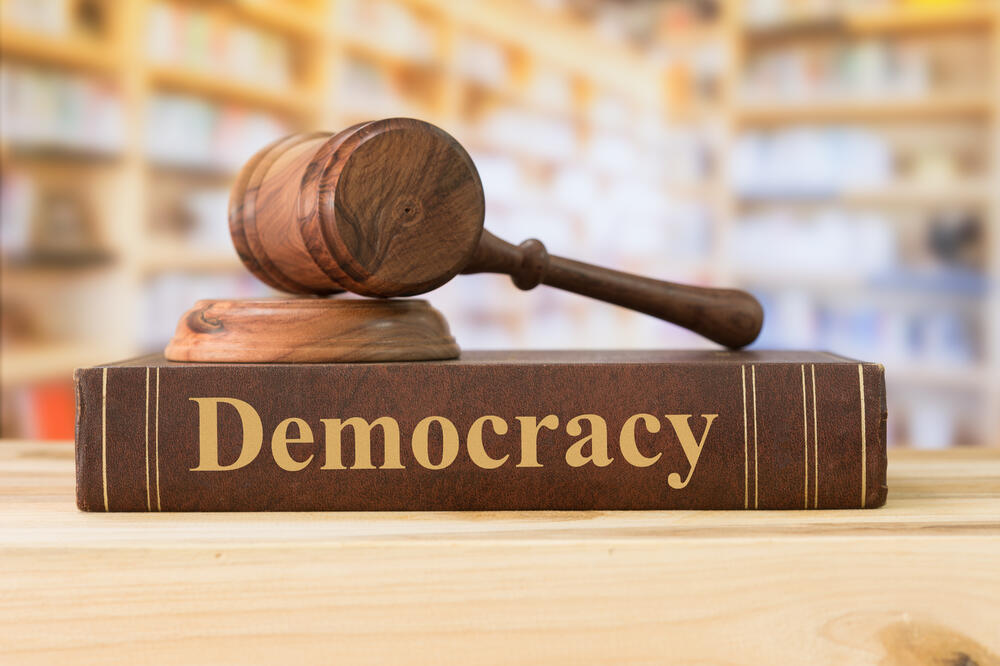DEMOCRACY; in the etymological (ancient Greek) sense, the rule of the people. Most often, it is about the liberal-civic, bourgeois multi-party paradigm, that is, representative parliamentary democracy whose legitimacy rests on transparently conducted elections and the application of the achieved results to social and political reality, and is almost proverbially, but not exclusively, linked to some version of the capitalist economy .
This type of democracy is in great crisis. Right-wing ruling policies in countries such as today's Hungary and/or Poland - Croatia is also mentioned in that society - represent the trends of the so-called illiberal democracy: it is a combination of autocracy and populism in politics, neoliberalism in economics and cultural neoconservatism.
Current cases such as the election and rule of the American President Donald Trump (a form of presidential system), point to the increasing influence of the marketing industry, which uses the digital and new media infrastructure extremely skillfully. social networks for manipulation of voting mood and affinities regarding the political election. In contrast to this, there are different variants of direct participatory democracy, so in this context, the example of Switzerland and its frequent referendums is often cited.
In the "Lexicon" we advocate the thesis that direct participatory democracy is more characteristic of the system of democratic socialism. One such historical case was the Yugoslav system of self-management, which - despite numerous problems and limits - had built-in elements of participatory democracy and was implemented in practice through workers' councils in companies and factories. We will remember him in Croatia ten years ago, in the context of student social activism and plenum activities at the time.
Democracy is the 'big word' of the post-socialist transition, a supposedly unproblematic, common-sense-ideological marker of the epoch. In practice, however, it turned out that the capitalist democratic multi-party system that replaced the socialist one-party system was only a Potemkin village that not only did not economically and politically improve the quality of our lives through the transition, but also set them back.
There is something more than a statistic in the fact that almost a hundred thousand (!) members of the newly founded Croatian Democratic Union (HDZ) in the early 1990s came from the ranks of defectors, people who replaced their previous membership in the Union of Communists of Croatia (SKH) overnight, in time' aligning himself with the new political national hegemon. It is parties like the HDZ that have been ruling the political scenes of the region for three decades of transition and are interest groups that are more like popular and national movements than classic modern parties in a democratic multi-party system.
(portalnovosti.com)
Bonus video:




